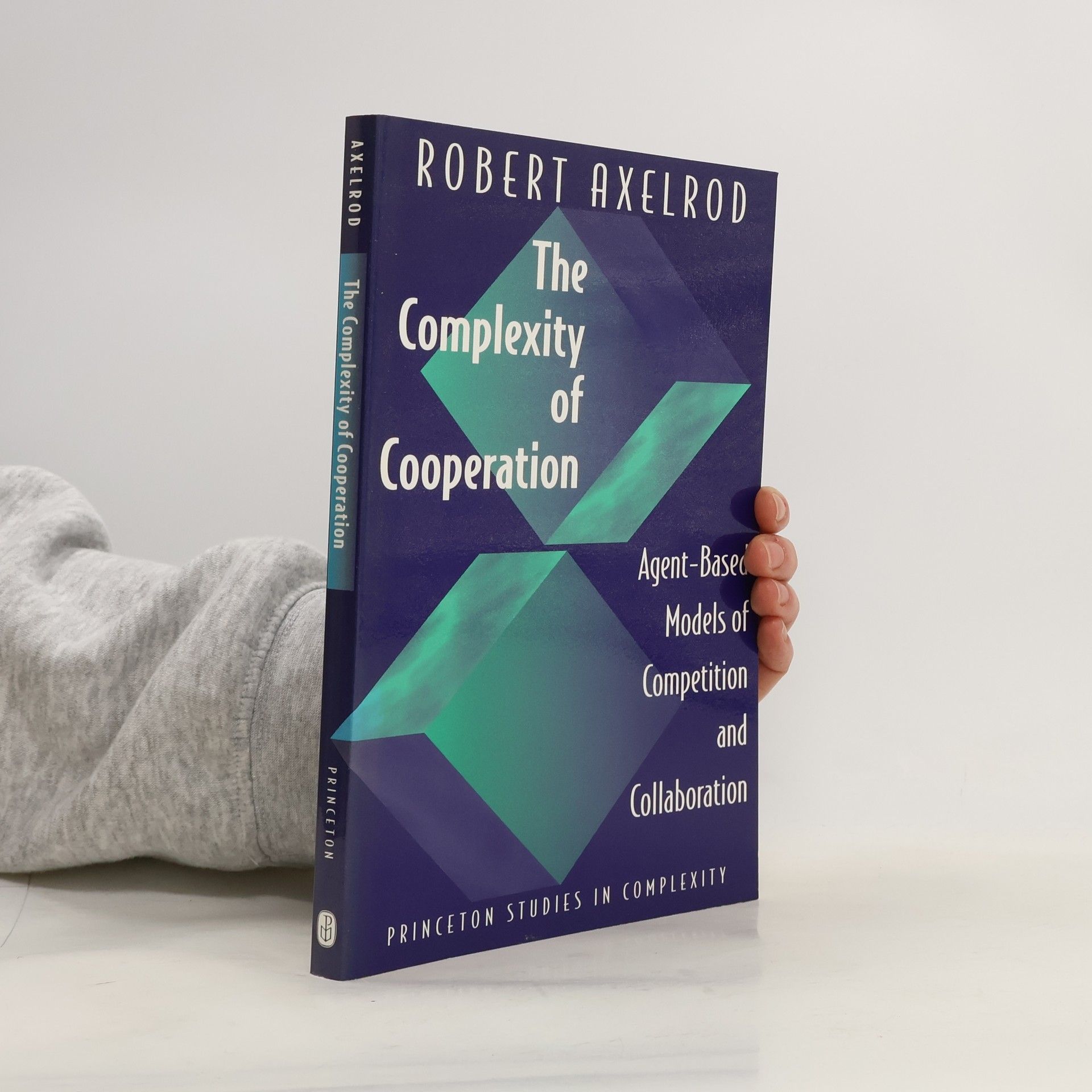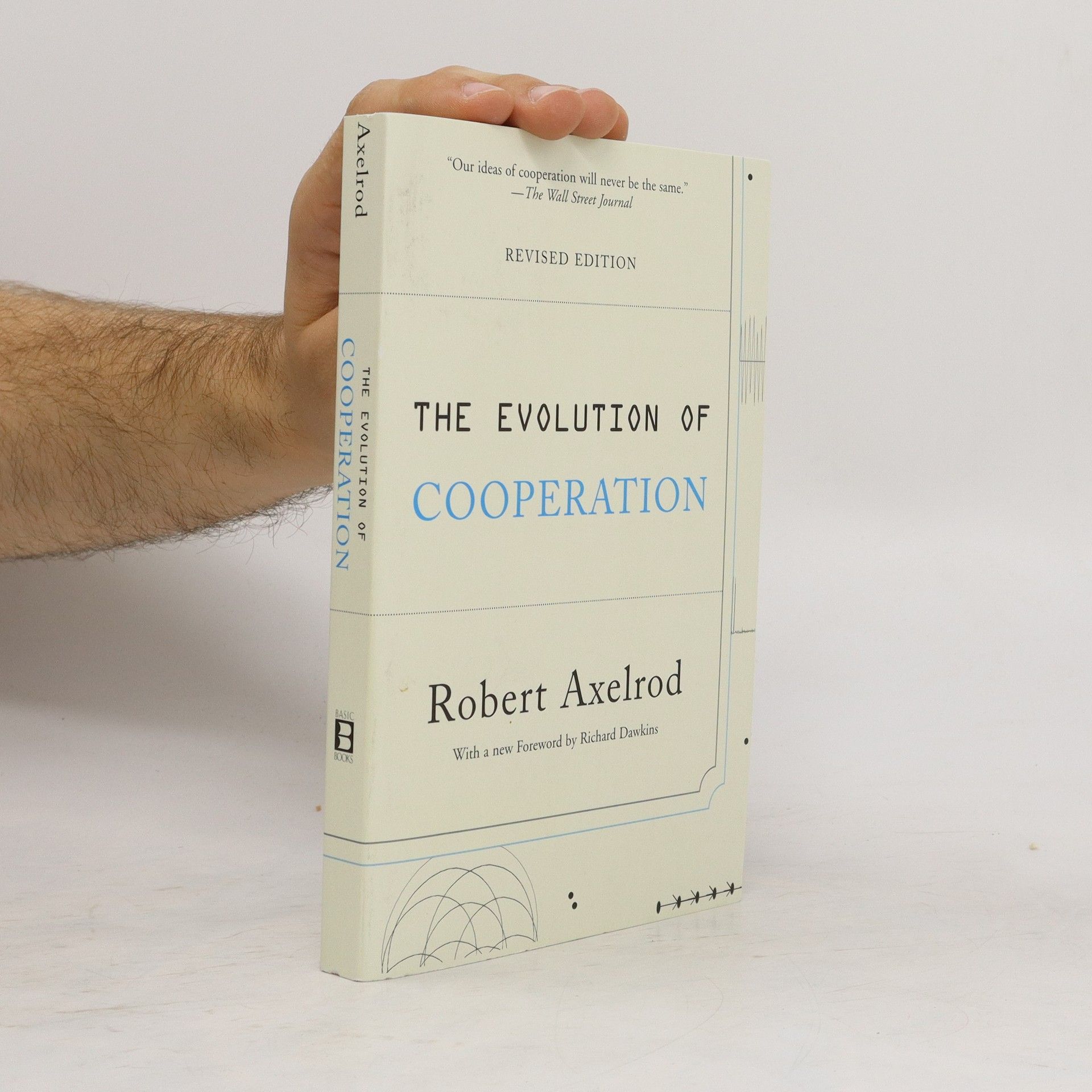The autobiography highlights Robert Axelrod's remarkable journey through a distinguished career in science and interdisciplinary collaboration. Recognized early on for his potential, Axelrod engaged with diverse fields, earning accolades including the National Medal of Science. His narrative not only chronicles his achievements but also candidly addresses his challenges and triumphs in fostering cooperation. Through encounters with global leaders and insights from his research, Axelrod illustrates the vast potential for collaboration across disciplines, emphasizing the importance of understanding and achieving cooperative relationships.
Robert Axelrod Book order (chronological)
Robert Axelrod is a professor of political science and public policy renowned for his interdisciplinary work on the evolution of cooperation. His highly cited research delves into the emergence of cooperative behavior and its applications across various domains. Axelrod's scholarly pursuits focus on complexity theory, agent-based modeling, and international security. His expertise is sought after by international organizations, government agencies, and professional communities for insights into fostering cooperation and harnessing complexity. He extends his influence by applying these principles to education and healthcare sectors.



The Complexity of Cooperation
Agent-Based Models of Competition and Collaboration
- 248 pages
- 9 hours of reading
Focusing on the intersection of complexity theory and social science, this collection features seven essays by Robert Axelrod, a pioneer in game theory. Serving as a sequel to his influential work, it includes a comprehensive introduction, updated prefaces, and a valuable appendix of resources. Axelrod's clear and engaging writing style makes this volume both an accessible introduction to complexity theory and a current overview of advancements in the field, making it an essential read for those interested in social science modeling.
The Evolution of Cooperation
- 241 pages
- 9 hours of reading
The Evolution of Cooperation provides valuable insights into the age-old question of whether unforced cooperation is ever possible. Widely praised and much-discussed, this classic book explores how cooperation can emerge in a world of self-seeking egoists-whether superpowers, businesses, or individuals-when there is no central authority to police their actions. The problem of cooperation is central to many different fields. Robert Axelrod recounts the famous computer tournaments in which the "cooperative" program Tit for Tat recorded its stunning victories, explains its application to a broad spectrum of subjects, and suggests how readers can both apply cooperative principles to their own lives and teach cooperative principles to others.